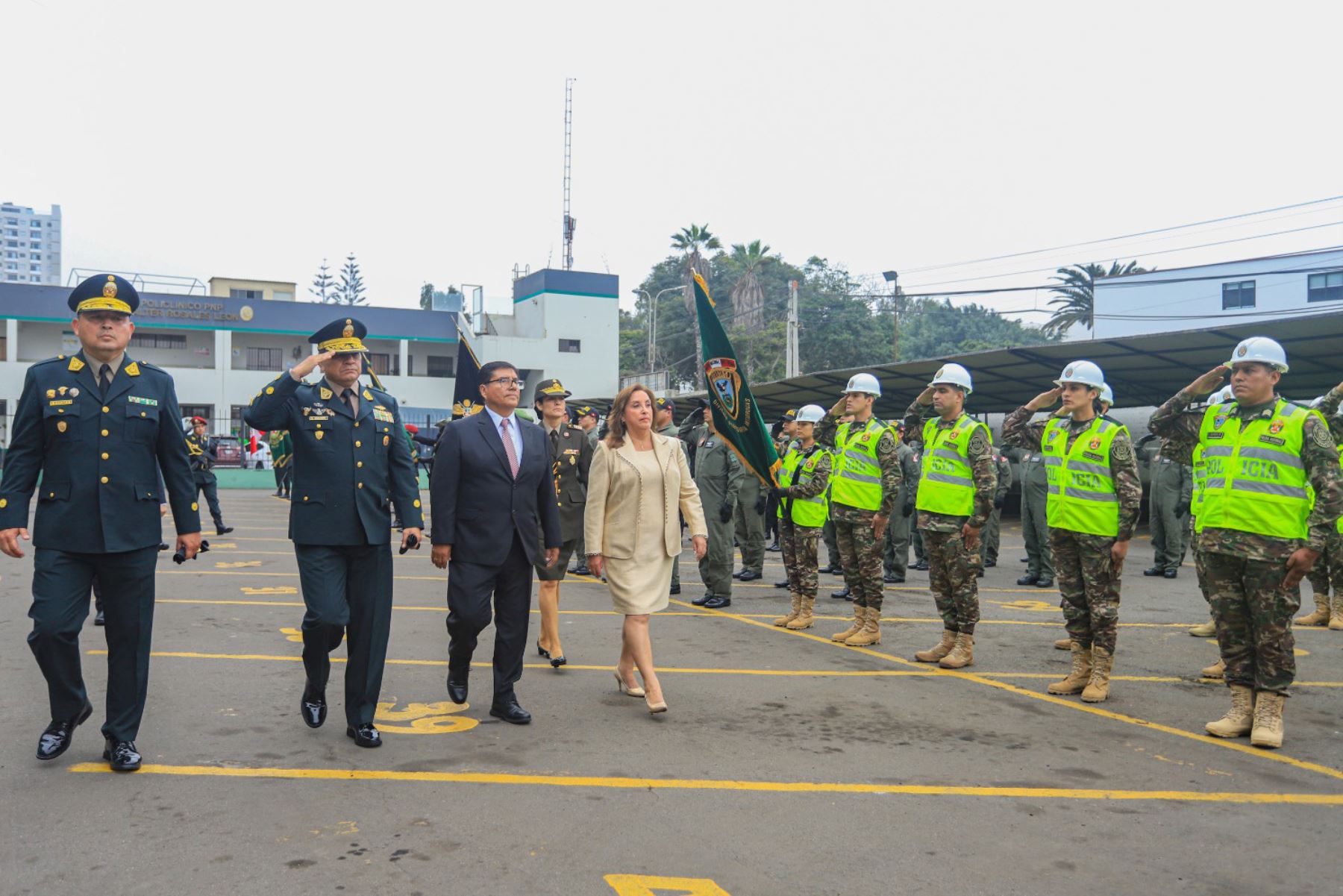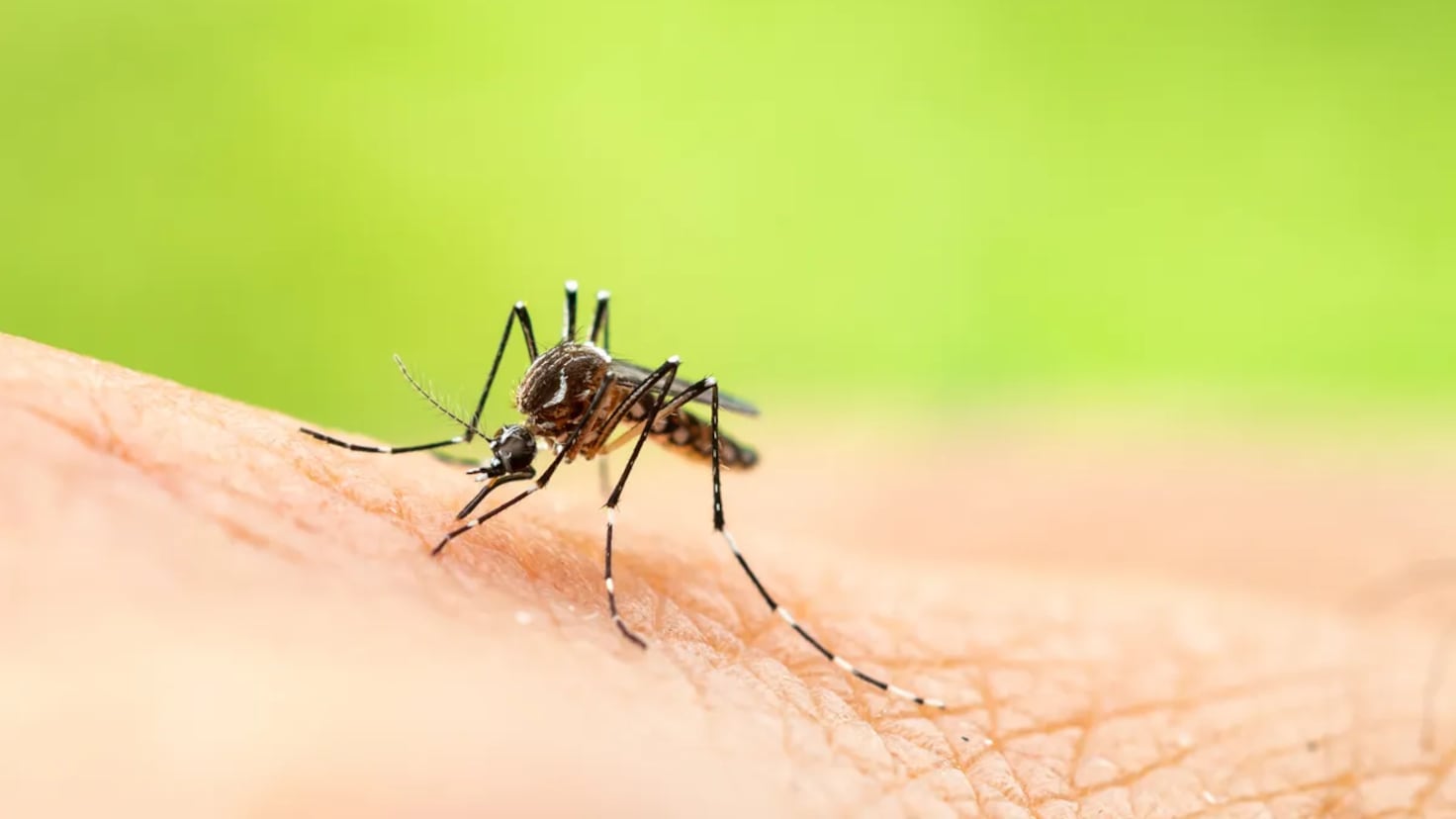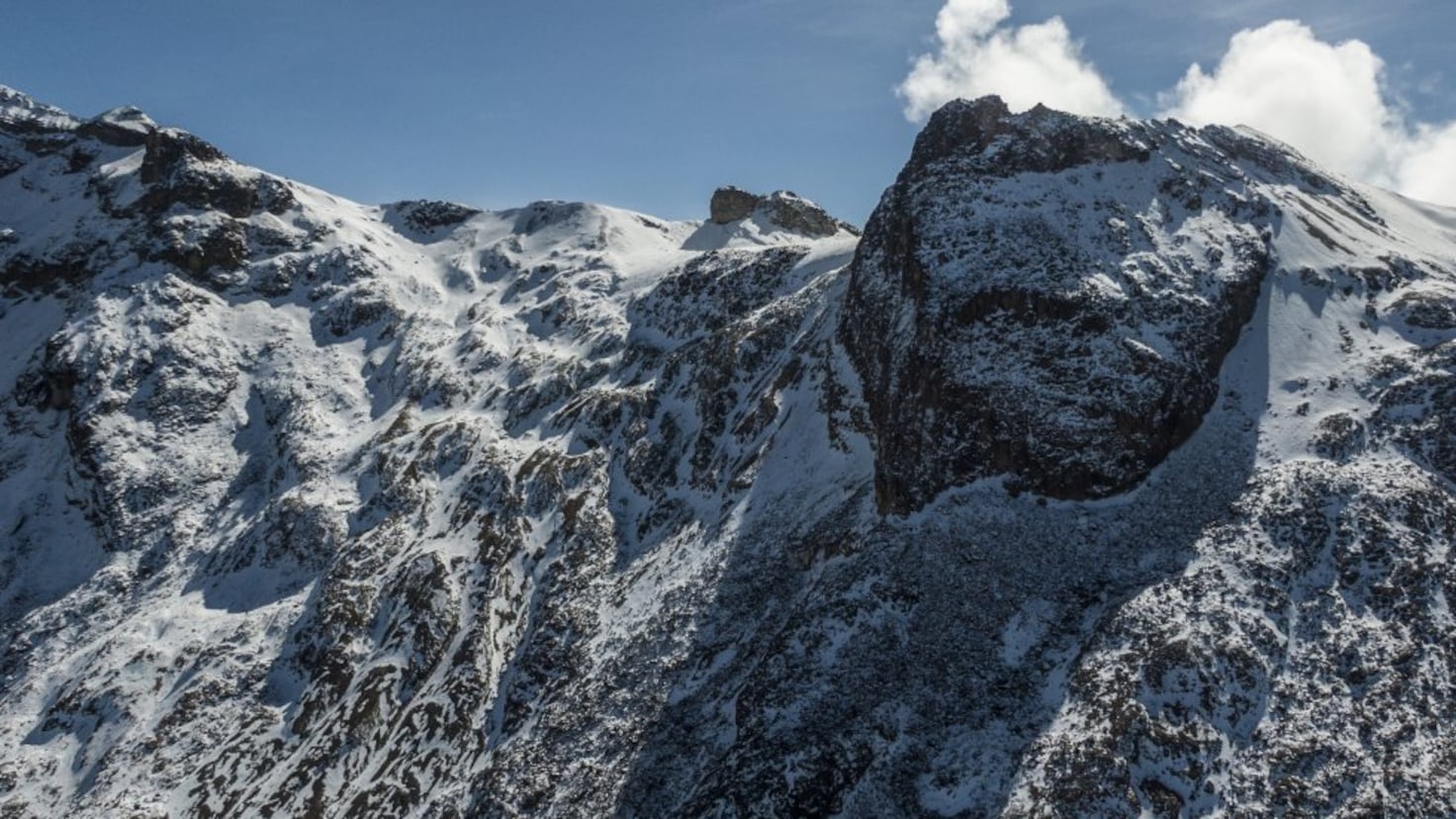Peru Doubles Down on Anti-Drug Efforts: Boluarte Promises Enhanced Police Capabilities

Speaking on Thursday, President Boluarte emphasized the urgent need to equip law enforcement with the tools and training necessary to effectively combat drug production, trafficking routes, and associated criminal activities. The strategy involves a multi-faceted approach, focusing on upgrades across three critical areas: operational efficiency, technological advancements, and enhanced intelligence gathering.
Peru's strategic location in the Andes Mountains makes it a significant producer of coca, the primary ingredient in cocaine. The country has long faced challenges in combating drug trafficking, with criminal organizations exploiting remote areas and utilizing sophisticated methods to transport illicit substances. This renewed commitment from the government signals a determined effort to address the root causes of the problem and disrupt the flow of drugs to international markets.
The initiative is expected to require substantial investment, but President Boluarte stated that the long-term benefits – including improved public safety, reduced crime rates, and strengthened international relations – will outweigh the costs. The government is also exploring opportunities for international assistance and collaboration to maximize the impact of its anti-drug efforts.
Analysts note that the success of this strategy will depend on a number of factors, including sustained political will, effective coordination between government agencies, and robust community engagement. Addressing the socio-economic factors that contribute to coca cultivation, such as poverty and lack of alternative livelihoods, will also be crucial for long-term success. The plan represents a significant step in Peru’s ongoing battle against drug trafficking and its associated challenges.






